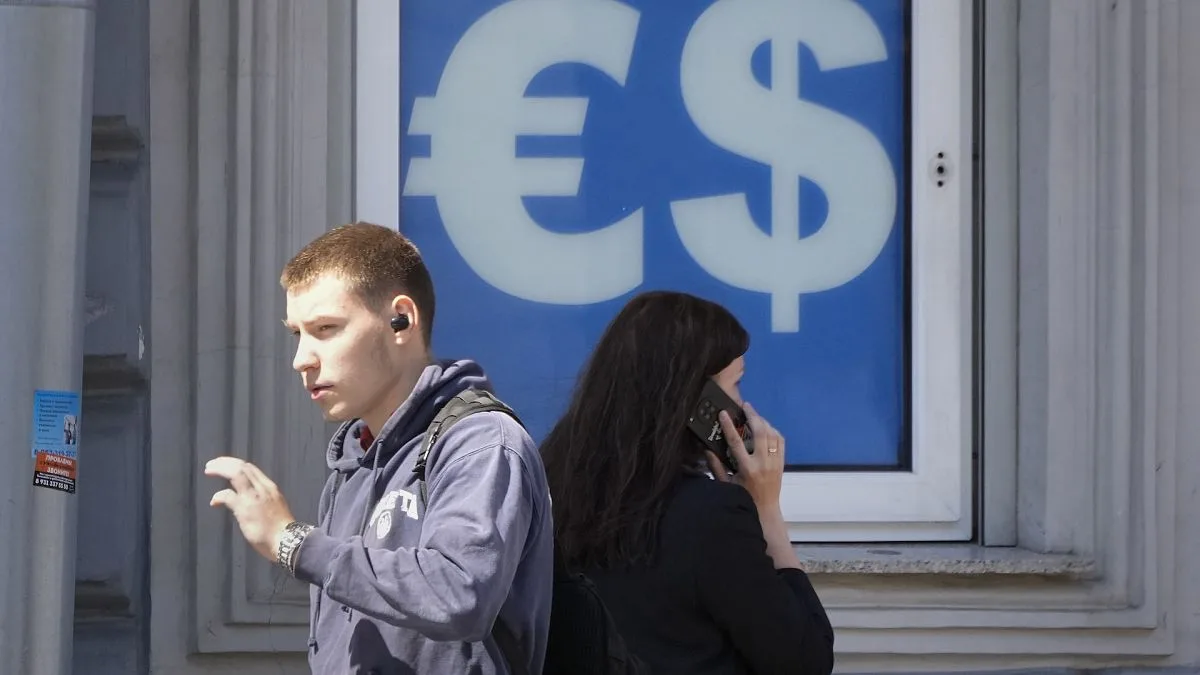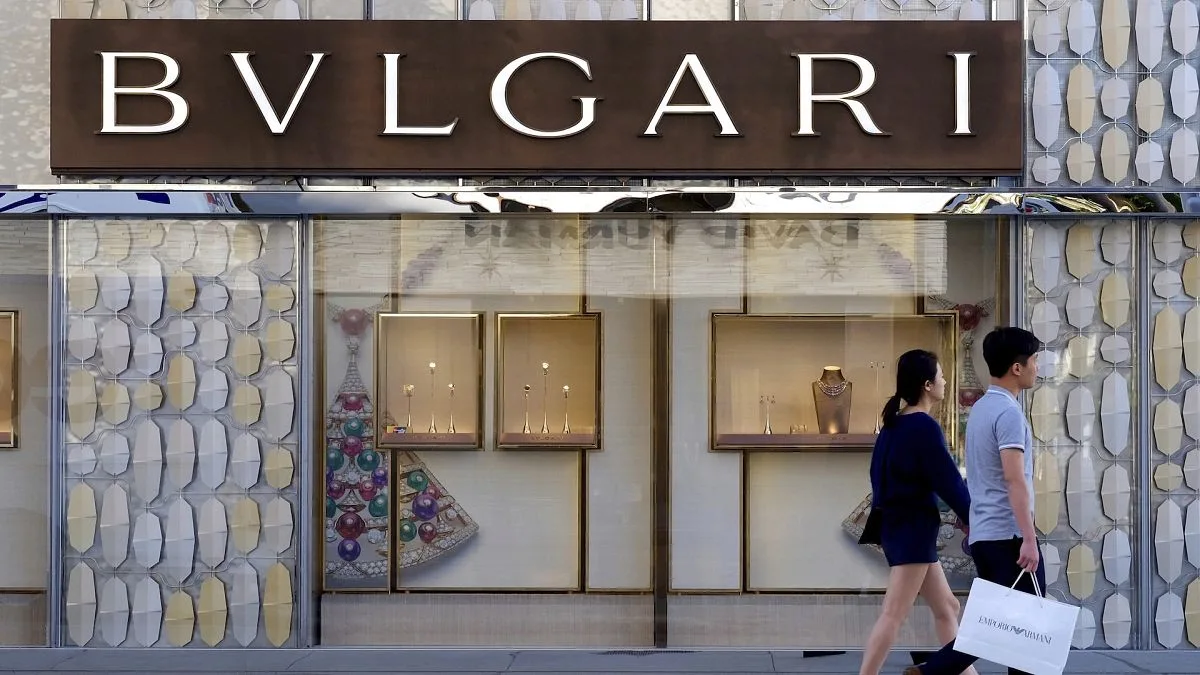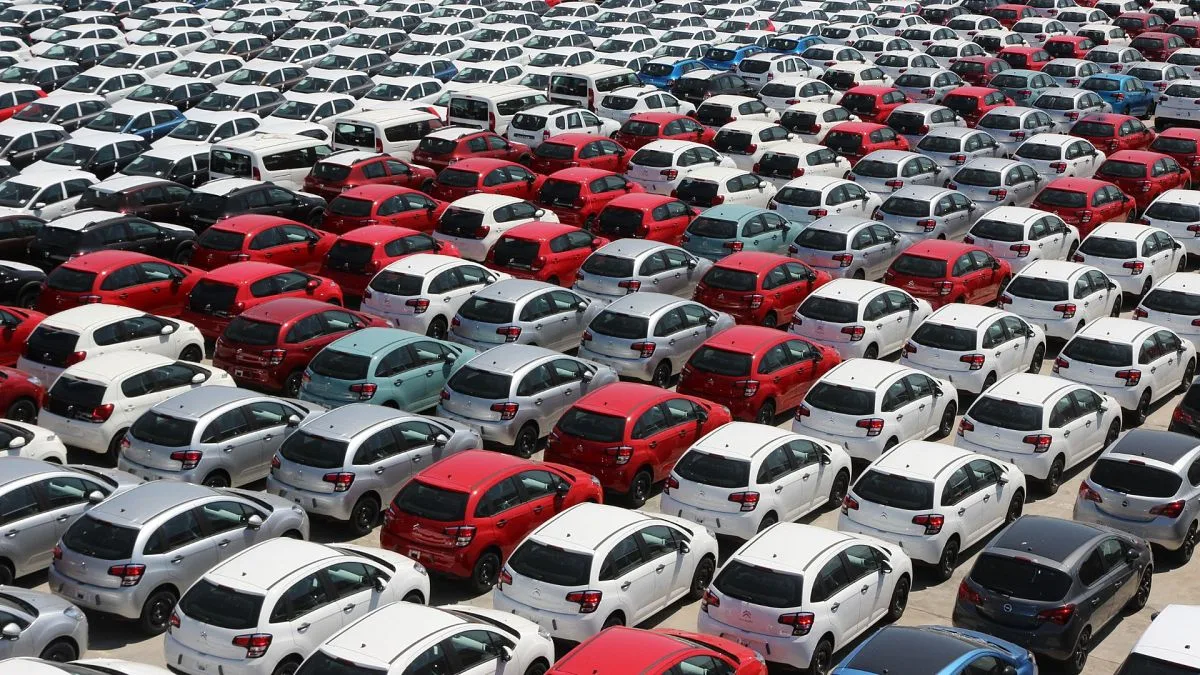Under the current European sanctions imposed on Tehran, a significant number of Iranian truck drivers—approximately 60,000—who travel through Europe each month face severe challenges. Many of these lorry drivers have either lost their jobs or are navigating a landscape rife with exorbitant fees to enter the European market.
The EU’s sanctions have precipitated a state insurance embargo on Iran, dramatically complicating the process for Iranian truck drivers to obtain valid visas for European routes. Ali Mahmoudi Sarai, chairman of the Iranian Transport and Logistics Federation, noted that the employment opportunities for these drivers have plummeted since early last year, teetering on the brink of extinction.
Initially, Iranian drivers looked to Germany and Italy as potential sources for visas; however, both countries have drastically reduced their issuance of visas, extending the minimum waiting period to over three months.
In early 2023, France completely halted the issuance of permits for Iranian truck drivers and their vehicles.
About a year ago, a coalition of Iranian truckers addressed a letter to the Iranian Road Transport Authority, lamenting that visas had become virtually inaccessible without the intervention of speculators—third-party intermediaries profiting from the process.
The challenges facing Iranian truckers extend beyond visa procurement. The new EU sanctions also disrupted the issuance of Green Card insurance necessary for international travel. The Green Card system provides essential road accident and injury protection and was adopted by Iran in the 1970s.
In Iran, the Central Insurance Company, a state entity, delegated the issuance of these policies to the Iran Insurance company, another state-run organization. Yet, due to stringent sanctions against Iranian banks and insurers, obtaining Green Card insurance has become nearly impossible as of early 2024.
While Iranian efforts to establish a private insurance alternative aim to lift the country’s suspension from the Green Card Coordinated Insurance System, these initiatives have yet to yield success.
Why Are So Few Iranian Trucks on Europe’s Roads?
A handful of Iranian drivers still possess valid visas, while some endure lengthy wait times to acquire new visas from Germany and Italy. Nonetheless, a majority lack valid Green Card insurance. This insurance can be obtained on an annual, quarterly, or one-time trip basis, depending on truck usage.
Although some trucks maintain active insurance coverage, many drivers facing visa issues are compelled to seek insurance through third-party providers located in neighboring countries. According to Sarai, many Iranian trucks are insured at Bulgaria’s border through intermediaries and speculators, incurring prices three times higher than the standard.
Mohammad Eigharlou, the Secretary General of the Iranian Transport and Logistics Federation, disclosed that numerous drivers are now seeking insurance policies from countries like Iraq, Afghanistan, and Turkey.
Who Benefits from the Departure of Iranian Drivers?
Iranian transport advocates warn that the nation’s share of international road transit is diminishing sharply, with trucks from Turkey, Georgia, and Greece stepping in to fill the void vacated by Iranian lorries.
“Turkish trucks have effectively replaced Iranian vehicles on critical European routes, and cargo transit is increasingly dominated by Turkish operators,” Sarai explained to Iranian media.
Reza Rostami, head of the Transport, Transit, and Logistics Commission of the Iran Chamber of Commerce, emphasized that cargo owners now prefer to engage foreign trucks and drivers, as these drivers often enter Iran under the guise of Green Card insurance at reduced costs, leading to job losses among Iranian truckers.
The challenges faced by Iranian truckers are not exclusive to Europe; as Sarai mentioned, “Today, very few drivers can be found operating on Russian roads—mostly just refrigerated trucks.” Even in nations with historically better relations with Iran, such as Russia and Belarus, processing visa applications has become increasingly dependent on speculators, as highlighted in last year’s letter from Iranian drivers.
Recently, Sarai revealed that new EU sanctions have been imposed, making it illegal for 182 types of European goods to be loaded onto Iranian trucks.
Photo credit & article inspired by: Euronews



